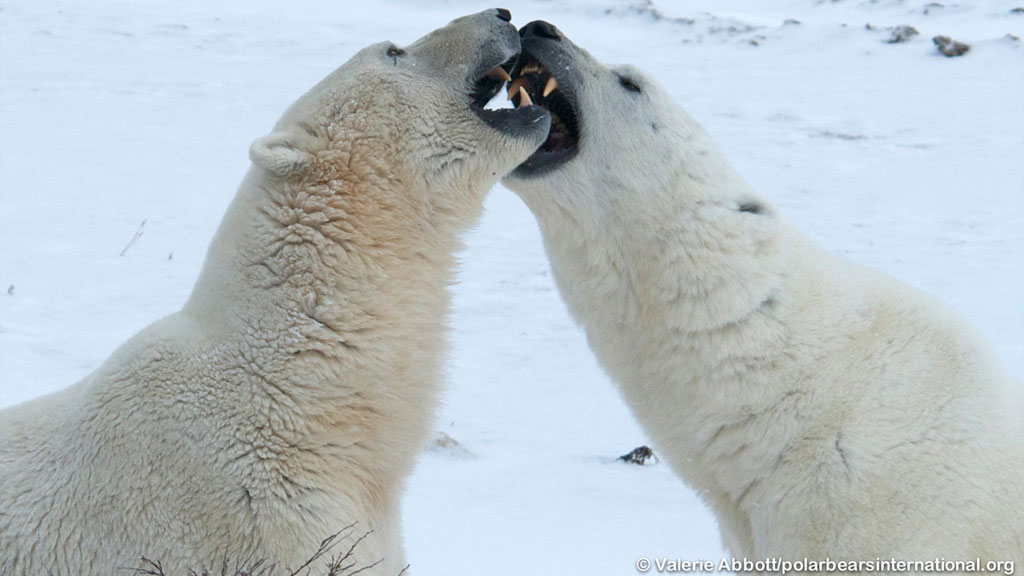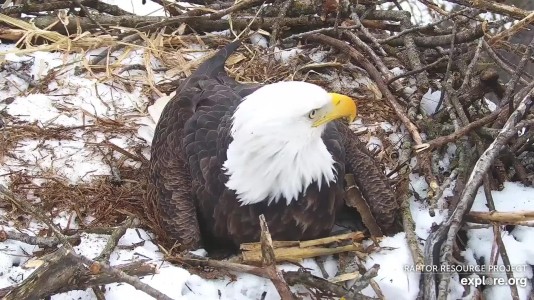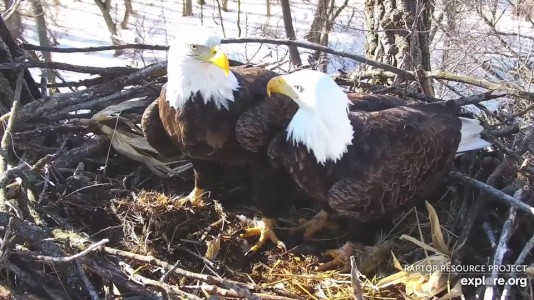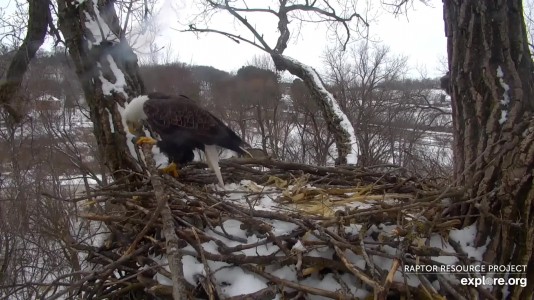On Friday November 7th at 8am PT / 11am ET explore.org joins BBC Earth for a Polar Bear Takeover as Alyssa McCall of Polar Bears International hosts eminent polar bear researchers Steve Amstrup and Andrew Derocher. And you can takeover Twitter, Facebook, and Instagram during the live chat to ask questions using our #PolarBearTakeover hashtag.
Just log into your social network of choice, ask your question and include the hashtag (for example: “What do polar bears eat? #PolarBearTakeover”) and the scientists will answer your questions live from the Tundra Buggy Cam. As a special bonus, when you use the snapshot feature on the Polar Bear Cam and share it with the #PolarBearTakeover hashtag, the top re-shared, re-tweeted, and re-grammed snapshots will get featured by explore.org. And, as always, you can post your questions in the comments section of the Polar Bear Cam.
Get your polar bear questions answered by some of the top researchers in the field from Polar Bears International!
Dr. Steven C. Amstrup is chief scientist for Polar Bears International. He also is an adjunct professor at the University of Wyoming in Laramie. Before joining PBI, Amstrup was a research wildlife biologist with the United States Geological Survey at the Alaska Science Center, Anchorage AK., where he led polar bear research in Alaska for 30 years. In the December 2010 issue of Nature, he and his coauthors made the case that to preserve polar bears we must control human-caused temperature rise. In 2012, Amstrup was selected as recipient of the Indianapolis Prize and a Bambi Award for his efforts in animal conservation.
Dr. Andrew Derocher is a professor of biology at the University of Alberta in Edmonton, Canada, and a longtime scientific advisor to PBI. His field research focuses on polar bears in the Canadian Arctic and the polar bears of Hudson Bay.Over the course of more than 20 years studying polar bears, Dr. Derocher’s research has focused on the limiting and regulating factors of polar bear populations including habitat use, harvest effects, and predator-prey relationships. His current work includes assessment of the effects of climate change and toxic chemicals on polar bears. He is the author of Polar Bears: A Complete Guide to their Biology and Behavior.



